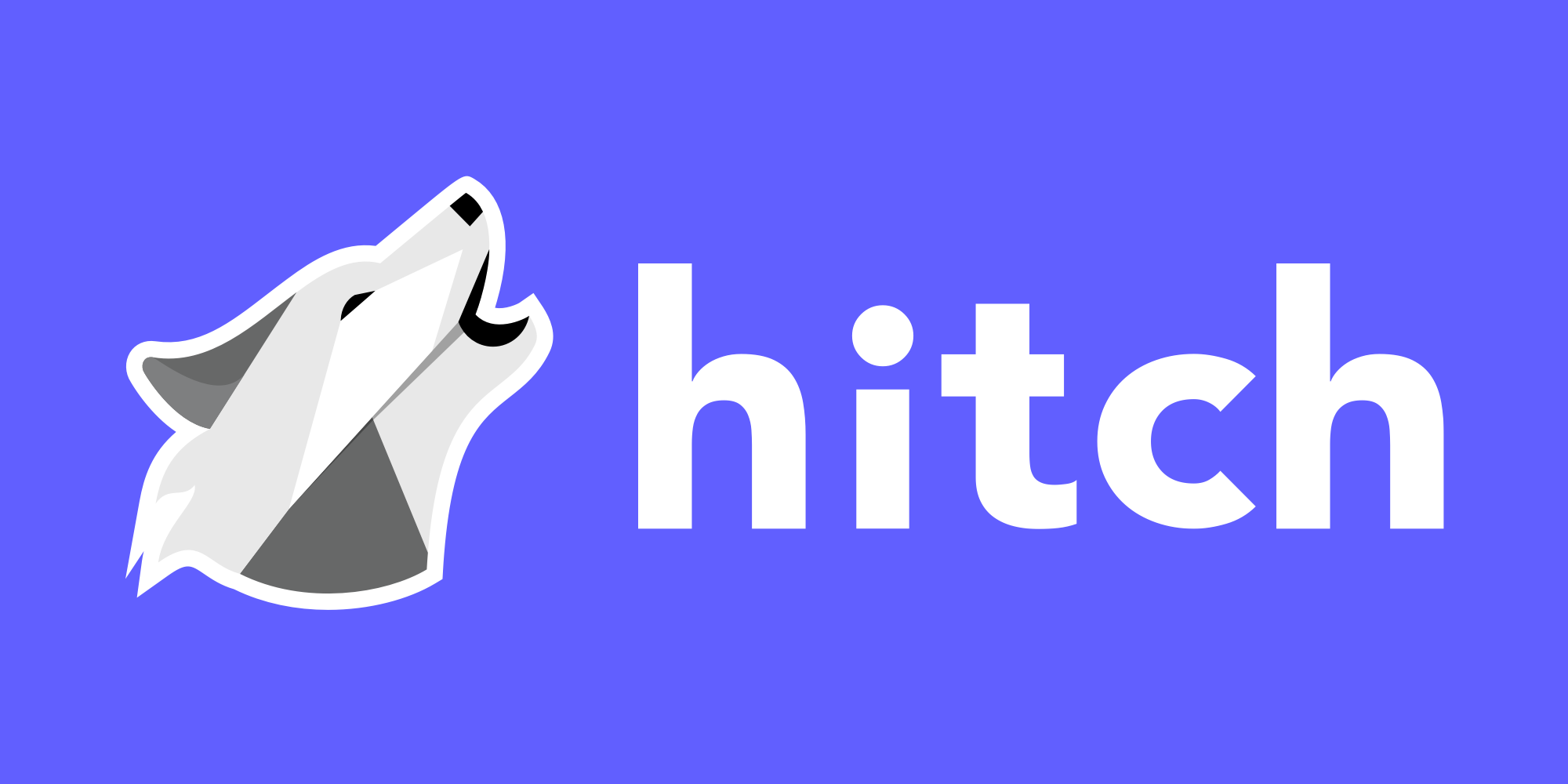
Python Programming theory
1. High-Level Language:
Python is a high-level programming language, meaning it is designed to be easy to read and write. High-level languages abstract away the low-level details of the computer's architecture, making it more accessible for developers to express their ideas in a concise and readable manner.
2. Interpreted Language:
Python is an interpreted language, meaning that the Python code is executed line by line by the Python interpreter. This is in contrast to compiled languages where code is translated into machine code before execution. The interpretive nature of Python contributes to its portability and ease of debugging.
3. Dynamic Typing:
Python is dynamically typed, which means that the type of a variable is interpreted at runtime. Unlike statically typed languages where variable types need to be declared explicitly, Python allows flexibility by determining the type during execution. This can lead to more concise code but also requires careful handling to avoid type-related errors.
4. Indentation and Readability:
One of the distinctive features of Python is its use of indentation to define blocks of code. In Python, the whitespace at the beginning of a line (indentation) is significant and is used to indicate the grouping of statements. This enforces a clean and readable coding style, eliminating the need for braces or other explicit block delimiters.
5. Object-Oriented Programming (OOP):
Python is a multi-paradigm language, but it strongly supports object-oriented programming. Everything in Python is an object, and the language provides features like classes, inheritance, and polymorphism to support OOP principles. This encourages code organization, modularity, and reuse.
6. Extensive Standard Library:
Python comes with a rich standard library that provides modules and packages for a wide range of tasks, from file I/O and regular expressions to web development and data analysis. Leveraging the standard library saves development time and ensures a consistent and reliable set of tools for Python developers.
7. Community and Ecosystem:
Python has a vibrant and supportive community of developers. The Python Package Index (PyPI) hosts a vast number of third-party libraries and frameworks, expanding the functionality of Python in various domains. This ecosystem enables developers to build on existing solutions and accelerates development.
8. Duck Typing:
Python follows the principle of "duck typing," which means that the type or the class of an object is less important than the methods it defines. If an object walks like a duck and quacks like a duck, then it's treated as a duck. This flexible approach allows for more generic and reusable code.
Customer support service by UserEcho


Rekomendasi tempat sablon kaos murah dan berkualitas hanya ada di sablon kaos surabaya.
sablon kaos surabaya
sablon kaos surabaya
sablon kaos surabaya
sablon kaos surabaya
sablon kaos surabaya
sablon kaos surabaya
sablon kaos surabaya
sablon kaos surabaya
sablon kaos surabaya